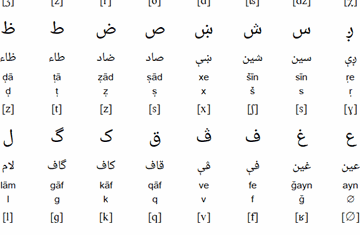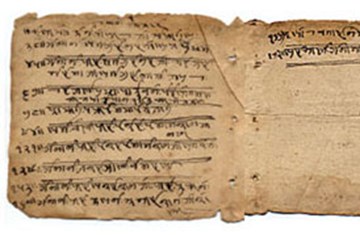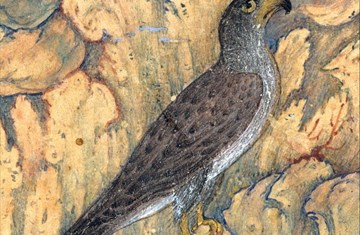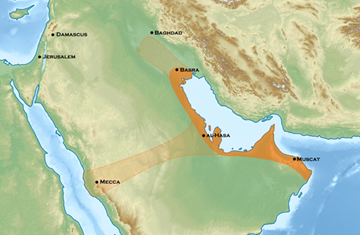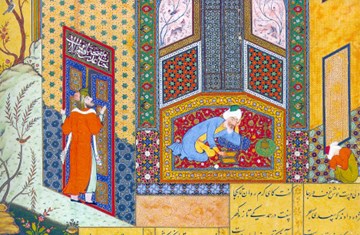Taqwa
Keywords: Piety, fear of God, godliness, abstinence, iman, hadith, Sufism, Qu’ran, sura, heart, sirr, wara‘, khawf, muhasaba, ‘spiritual stations’, makamat, muttakiyan, fana, Kubrawi.
Abstract: Taqwa is a verbal noun from taqa ‘to fear [God]’, itself a secondary formation from form VIII of w-k-y, ittaqa ‘to fear [God]’ (see on this phenomenon, Wright, Arabic Grammar, I, § 148 Rem.b). From this same secondary formation is derived the adjective taqi, pl. atqiya ‘pious, God-fearing’, in fact a synonym of the form VIII participle muttaqi. Depending on context, the denotations of the term in classical Islamic religious and mystical literature include ‘godliness’, ‘devoutness’, ‘piety’, ‘God-fearing’, ‘pious abstinence’ and ‘uprightness’. As a social ideal, taqwa originally connoted ‘dutifulness’, ‘faithful observance’, a meaning which was discarded in most later Islamic ethical thought.
In the poetry of Labid (d. 40 AH/660 CE), for instance, the social connotation of taqwa as ‘moral behaviour’ or ‘reverential dutifulness’ with respect to one’s tribe or relatives appears to have fused with the Qur’anic religious ideal of ‘fear of God’, so that “concepts for a ‘respectful relationship’ between the members of a tribe and the ‘reverential behaviour’ towards God seem even to be interchangeable and identical” (M.M. Bravmann, The Spiritual Background of Early Islam, Leiden 1972, 117), but this combination of social and spiritual meanings of taqwa is now obsolete.
Author

Dr. Leonard Lewisohn
A respected author, translator and lecturer in the area of Islamic studies and a specialist in Persian language and Sufi literature, the late Dr Lewisohn (1953 - 2018) was a Research Associate at the London Middle East Institute at the School of Oriental and African Studies (SOAS), and Associate Member of the Centre for Iranian Studies also at SOAS . Dr Lewisohn's works include Beyond Faith and Fidelity: the Sufi Poetry and Teachings of Mahmud Shabistari (London, 1993), a critical edition of Divan-i Muhammad Shirin



